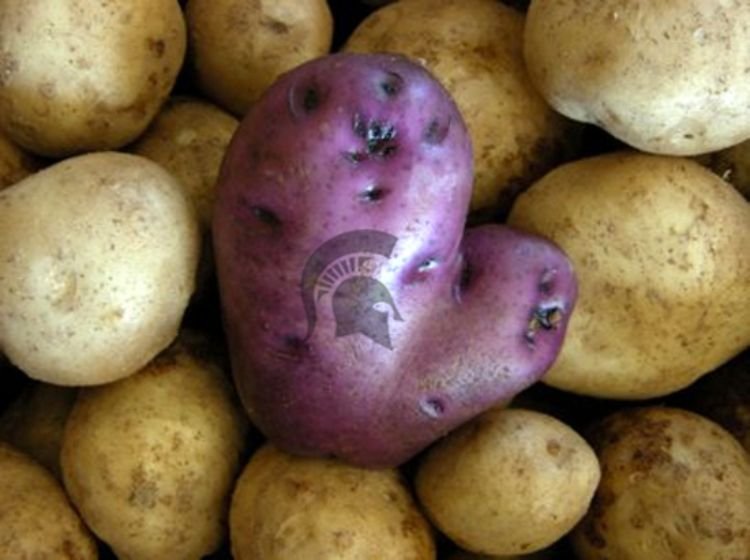Inside BENEO’s new pulse plant: pioneering sustainable protein from faba beans
The Kal91.3 potato can also reduce the environmental impact of the growing process without as many fertilisers and pesticides needed to maintain the potato during storage
A new genetically engineered potato developed by Michigan State University potato breeder Dave Douches has been granted exemption from the biotechnology regulations placed on genetically modified products by the U.S. Department of Agriculture’s Animal and Plant Health Inspection Service (USDA APHIS).
The Kal91.3 potato is bred from an MSU potato variety named Kalkaska. The newly developed potato can be stored in cool temperatures for long periods without sucrose, the compound that sugar is typically stored in potatoes as converting into reducing sugars such as fructose and glucose. Without as many reducing sugars, off-colour browning and caramelisation can be minimised in the Kal91.3 potato, leading to healthier and higher-quality products, including potato chips.
The Kal91.3 potato can also reduce the environmental impact of the growing process without as many fertilisers and pesticides needed to maintain the potato during storage.
Sucrose is broken down in potatoes by vacuolar acid invertase, an enzyme reactive to the external environment of plants — such as temperature. Roughly 10 years ago, Jiming Jiang, an MSU Foundation Professor in the departments of Horticulture and Plant Biology, published findings on how to silence, or suppress, the gene that produces vacuolar acid invertase in potatoes.

